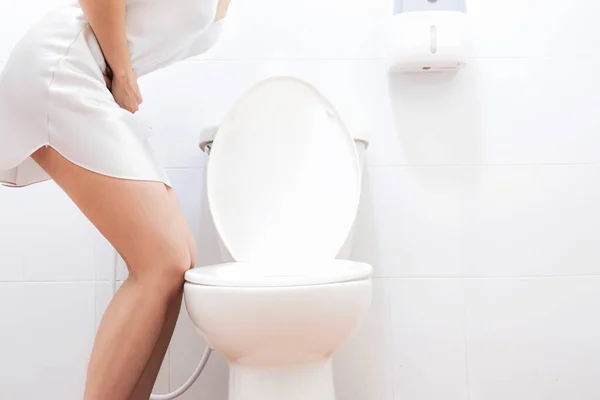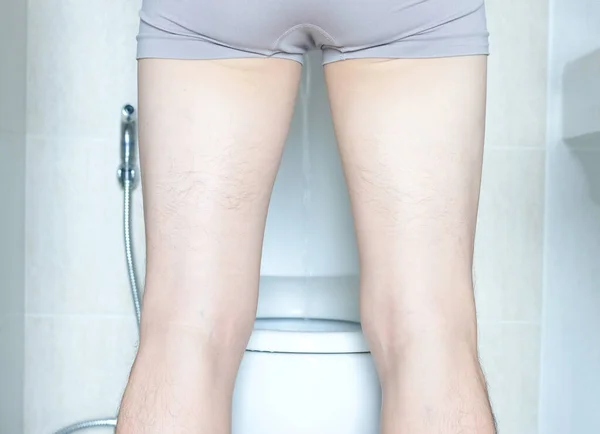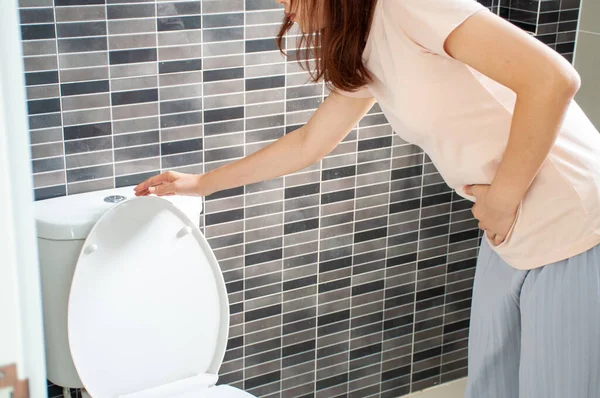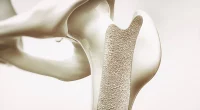Experiencing frequent nighttime urination, known as nocturia, can be a frustrating and disruptive issue. Many people wonder, “Why do I pee so much at night?” This condition not only interrupts sleep but can also lead to daytime fatigue and decreased quality of life. Understanding the causes of nocturia and exploring effective management strategies can help individuals regain restful nights.

Understanding Nocturia: What It Is and Its Prevalence
Nocturia is defined as the need to wake up during the night to urinate. While it is normal for some individuals to get up once during the night, nocturia is characterized by multiple trips to the bathroom, typically more than once per night. This condition can affect people of all ages, though it is more common in older adults due to various physiological changes.
The prevalence of nocturia is significant; studies suggest that about 50% of older adults experience this condition. It can lead to fragmented sleep, resulting in excessive daytime sleepiness and an increased risk of falls, particularly in older populations.
So, Why Do I Pee So Much at Night?
Several factors contribute to nocturia, from lifestyle choices to underlying health conditions. The primary reasons include:
- Excess Fluid Intake: Consuming large amounts of fluids, especially close to bedtime, can increase nighttime urination. Caffeine and alcohol are particularly diuretic and should be limited in the evening.
- Aging: As people age, their bodies produce less hormone that helps concentrate urine, leading to increased nighttime urination.
- Health Conditions: Various medical issues can cause nocturia, including:
- Prostate Enlargement: Common in older men, this condition can obstruct urine flow and lead to frequent urination.
- Diabetes: Uncontrolled diabetes can result in increased urine production.
- Sleep Disorders: Conditions like sleep apnea can disrupt sleep patterns and increase the need to urinate at night.
- Heart Failure: Fluid accumulation during the day may be excreted at night when lying down.

Understanding these factors is crucial for identifying potential solutions.
Health Conditions That Can Cause Nocturia
Various medical conditions can lead to nocturia. Some common ones include:
- Benign Prostatic Hyperplasia (BPH): This non-cancerous enlargement of the prostate gland affects many older men and can obstruct urinary flow.
- Diabetes Mellitus: High blood sugar levels can cause increased urine production.
- Obstructive Sleep Apnea (OSA): This sleep disorder is linked with increased nighttime urination due to hormonal changes triggered by disrupted sleep.
- Heart Disease: Conditions affecting heart function can lead to fluid retention that may be eliminated during the night when lying down.
- Urinary Tract Infections (UTIs): Infections can cause an urgent need to urinate both day and night.
Recognizing these potential underlying issues is essential for effective management.
How to Avoid Peeing So Much at Night
Managing nocturia often involves lifestyle modifications aimed at reducing nighttime trips to the bathroom. Here are some practical tips:
- Limit Fluid Intake Before Bed: Avoid drinking fluids two hours before bedtime. Pay attention to caffeine and alcohol consumption as they can exacerbate nocturia.
- Establish a Sleep Routine: Creating a consistent bedtime routine may improve overall sleep quality and reduce nighttime awakenings.
- Elevate Your Legs: Elevating your legs during the day can help reduce fluid retention that might otherwise lead to increased nighttime urination.
- Use the Bathroom Before Bed: Make it a habit to use the restroom right before you go to sleep.
Implementing these strategies may significantly decrease the frequency of nighttime bathroom trips.
When to See a Doctor for Nocturia
If nocturia becomes frequent or disruptive—defined as needing to urinate more than once per night—it’s advisable to consult a healthcare provider. A doctor will likely inquire about:
- Frequency of nighttime awakenings
- Daily fluid intake
- Current medications
- Associated symptoms such as pain or discomfort
Keeping a diary of your symptoms can provide valuable information for your doctor. They may recommend tests or refer you to a specialist if necessary.
In conclusion, while nocturia is a common issue that affects many individuals, understanding its causes and implementing effective management strategies can lead to improved sleep quality and overall well-being. If lifestyle changes do not alleviate symptoms, seeking medical advice is crucial for identifying any underlying health issues.
Don’t Miss | Obstructive Sleep Snoring: Effective Behavioural And Airway-Specific Therapies









